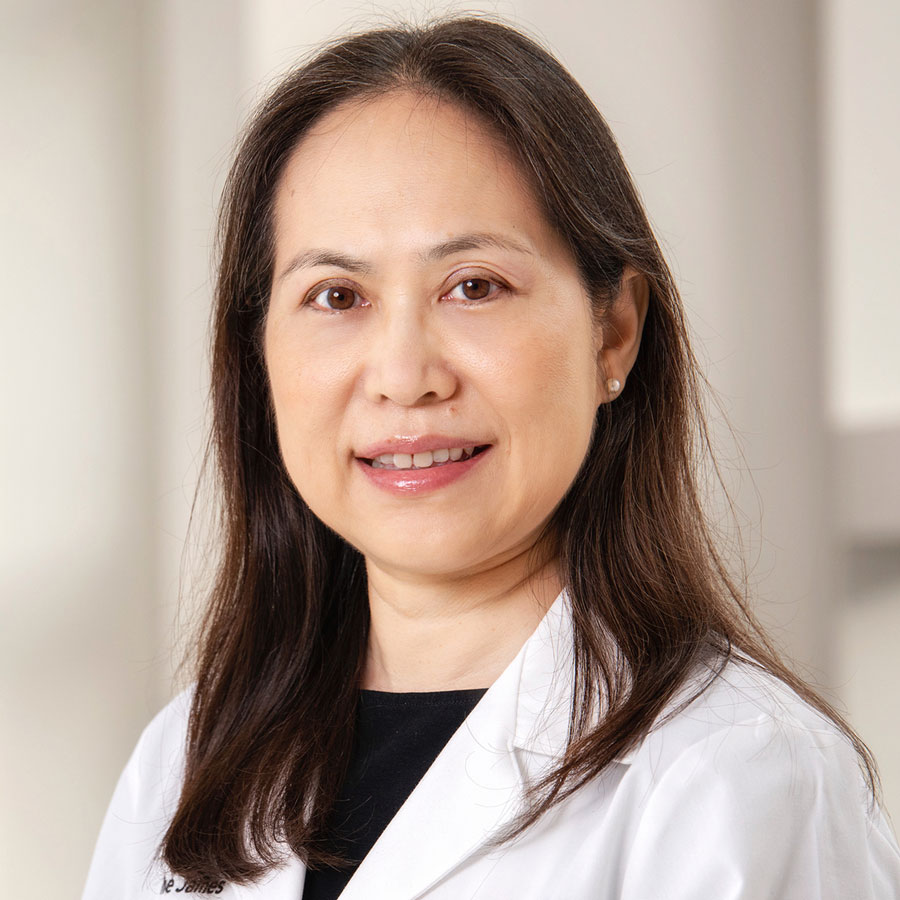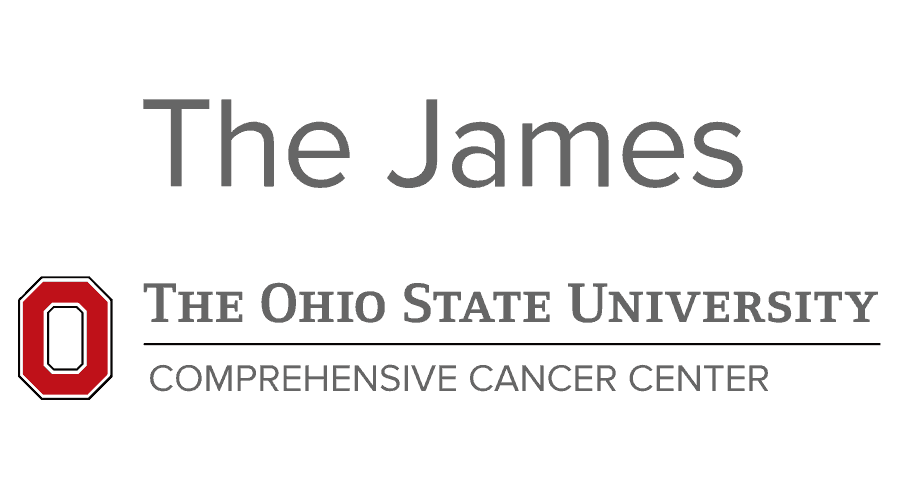Navigation Menu:
Please remember to cite the Shared Resources!
Research reported in this publication was supported by The Ohio State University Comprehensive Cancer Center and the National Institutes of Health under grant number P30 CA016058.
We thank the XX Shared Resource at The Ohio State University Comprehensive Cancer Center, Columbus, OH for (XX)
About Us (back to top)
The FCSR provides comprehensive services for any and all needs of OSUCCC members involving cell immunophenotyping and cell sorting. OSUCCC members enjoy priority access to technical and scientific training for instrumentation usage, experimental design, troubleshooting and optimization on state-of-the-art equipment maintained at the highest QC/QA standards.
The FCSR is supported by the OSUCCC as a crucial shared resource central to the research goals of all scientific programs in the OSUCCC. Investigators work with FCSR staff in a collaborative fashion to achieve their research objectives and drive development of innovation for both instrumentation development and use, as well as for novel experimental methodologies continually under development.
The FCSR supports OSUCCC member training at all levels — from undergraduate to principal investigators — to continually build the foundation and expansion of knowledge and skills related to flow cytometry. The FCSR staff is routinely engaged as collaborators in OSUCCC member research projects and is recognized for these efforts by co-authorship on high-impact factor publications and for assistance in preparing data and material for new funding opportunities to assist the acquisition of new funding for cancer research.
1055/1063 Biomedical Research Tower
460 W. 12th Ave.
Columbus, OH 43210
To contact the FSCR leadership, please email Bei.Liu@osumc.edu and Kevin.Weller@osumc.edu.
To contact the facility, call 614-292-3569 (FLOW) or email Bryan.McElwain@osumc.edu.
Meet the Team (back to top)

Dr. Liu is a professor in the Division of Hematology at The Ohio State University and a member of the Leukemia Research Program at the OSUCCC – James, where her research focuses on cancer immunotherapy, tumor immunology and innate immunity.
Dr. Liu is interested in understanding chaperone biology and unfolded protein response (UPR) in B cells and plasma cells in both normal and pathological conditions, as well as developing targeted therapies for patients with multiple myeloma and other cancers.
Dr. Liu's laboratory team is also interested in the function of dendritic cells in cross-presenting antigens to major histocompatibility complex (MHC) molecules, which play essential roles in both the priming and sustaining of adaptive T cells in the tumor microenvironment. Additionally, we investigate the mechanisms of T-helper cell 17 (Th17) differentiation and identify novel microbial metabolites that promote protective Th17 immunity in cancers.
Her research is supported by several forms of competitive extramural funding, including an NIH/NCI R01 grant, an NIAID U01 grant and a multi-institute NCI P01 grant. She has authored or co-authored numerous publications in peer-reviewed journals, including Immunity, PNAS, Journal of Clinical Investigation, Nature Communications, Cancer Research, Clinical Cancer Research and Science Immunology.

Kevin has over 27 years of experience using flow cytometry instruments and developing and using a myriad of applications relating to this technology. As director of the OSUCCC Flow Cytometry Shared Resource (FCSR), he oversees the numerous flow cytometry services. Current and developing technologies in the FSCR allow investigators to assess up to 28 biomarkers simultaneously using spectral cytometry analytical instrumentation and sort up to 15 biomarkers with equipment configured to meet the recommended guidelines of the International Society of Analytical Cytometry (ISAC) to meet BSL2+ conditions if needed. The FCSR also provides specialized services for imaging cytometry (Amnis Imagestream) that images single cells in flow to gain signal localization information while simultaneously performing traditional flow cytometry measurements. The FCSR has the capability to measure very small particles (NanoSight) — from 3 nanometers to 1 micron — to assess extra cellular vesicles, protein aggregation, drug delivery particles and virus counting.


